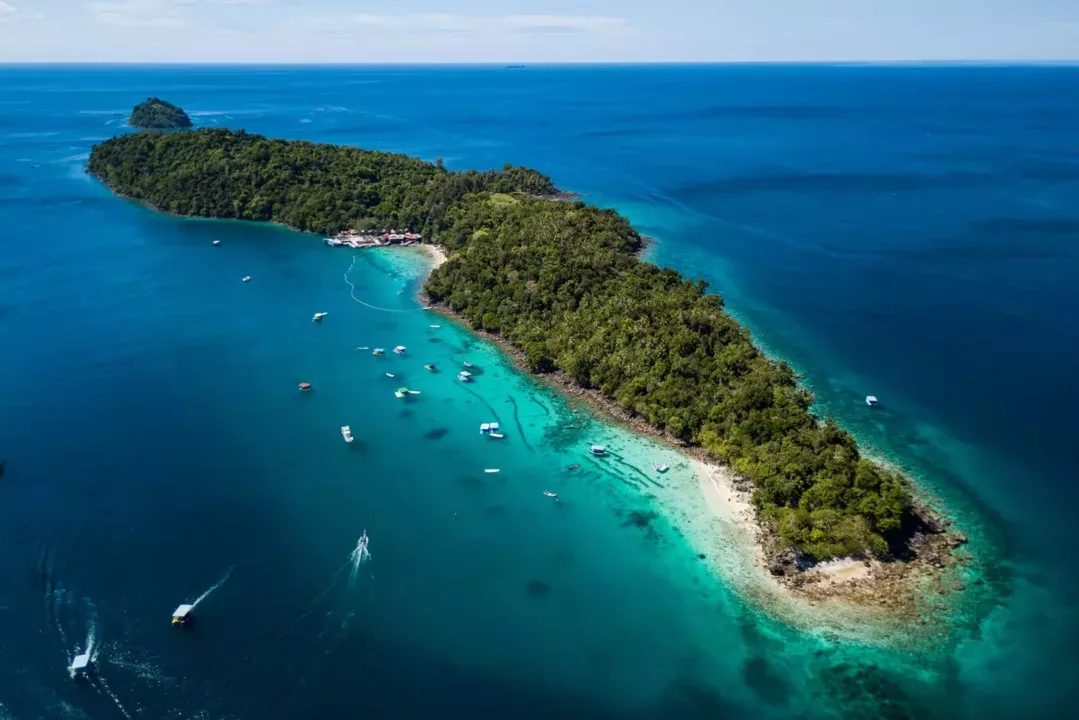The International Union for the Conservation of Nature (IUCN) has released a report that finds ocean areas are increasingly experiencing low levels of oxygen, which threatens marine ecosystems and fish species that are already impacted by ocean warming and acidification. IUCN released the report at the 25th session of the Conference of the Parties (COP25) to the UNFCCC.
The report titled, ‘Ocean deoxygenation: Everyone’s problem,’ represents the largest peer-reviewed study conducted on oxygen deoxygenation. The report examines the causes, impacts and potential solutions to ocean deoxygenation. Climate change and nutrient pollution are the main drivers of ocean oxygen loss, and ocean oxygen loss is “closely related to ocean warming and acidification” caused by anthropogenic carbon dioxide emissions and biogeochemical consequences related to anthropogenic fertilization of the ocean.
The report finds that ocean regions with low oxygen concentrations have expanded at all depths of the ocean. In the 1960’s, 45 sites were affected by low oxygen conditions. In 2010, the report finds, approximately 700 sites around the world are affected by low oxygen conditions, translating into a 2% decrease in global ocean oxygen between 1960 to 2010. In addition, the volume of areas depleted of oxygen, known as “anoxic waters”, have quadrupled. The report cautions that very low ocean oxygen can affect the cycling of critical elements, such as nitrogen and phosphorous.
The report states that deoxygenation is beginning to impact the balance of marine life, favoring species tolerant of low-oxygen conditions, like jellyfish, some squid and microbes, at the expense of species sensitive to low-oxygen, including most fish and many marine species. Tuna, sharks and marlins are especially sensitive to low oxygen because of their energy demands and large size; as oxygen in the ocean decreases, these species are driven into increasingly shallow surface layers of oxygen rich water, which makes them vulnerable to overfishing.
Under a business-as-usual scenario, the ocean is predicted to lose 3-4% of its global oxygen by 2100. The report warns, however, that this global average “masks local changes that are predicted to be […] more severe in mid to high latitudes.” Most losses are expected to be concentrated in the upper 1000m of the water column, the area richest in marine biodiversity. The report concludes there is an urgent need to “dramatically raise our ambitions to tackle and immediately curb our emissions” before human actions “irreparably impact and change the conditions favorable for life on earth.”
IUCN Acting Director, Grethel Aguliar, said the report shows the significant impact of climate change on the ocean. “As the warming ocean loses oxygen, the delicate balance of marine life is thrown into disarray,” she said and urged world leaders to “commit to immediate and substantial emission cuts” to curb ocean oxygen loss and address other climate impacts. Sweden’s Minister for Environment, Isabella Lövin, called for putting “ocean deoxygenation among our top priorities in order to restore ocean health.”.
Read and download the report here.
Source IISD website.

